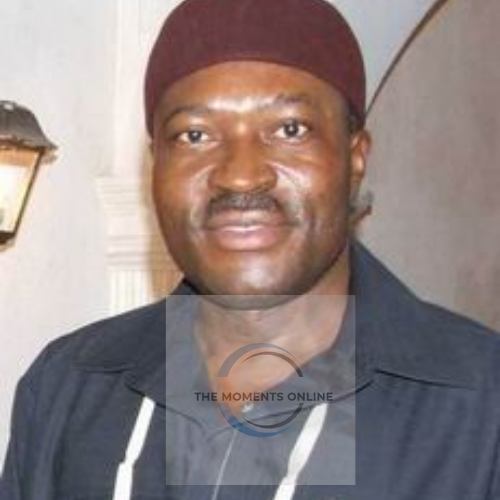By Karen James
Kanayo O. Kanayo, the acclaimed actor known for his compelling portrayal of money ritual characters in Nollywood movies, is making headlines once again. Expressing his deep dissatisfaction, he has come forward to criticise the federal government’s decision to prohibit fetish scenes in films, urging for greater creative freedom within the Nigerian film industry.
Over the years, Kanayo O. Kanayo has mesmerised audiences with his enthralling performances, bringing to life complex characters and challenging societal perceptions. His ability to delve into the minds of intriguing individuals has earned him recognition as one of Nollywood’s foremost actors. However, his roles often involve depicting the controversial subject matter of money rituals.
It is this portrayal of money rituals that has stirred up controversy, with some arguing that such scenes perpetuate negative stereotypes about certain traditional practices. However, for Kanayo O. Kanayo, it is a matter of artistic expression and preserving the authenticity of Nollywood.
In a recent interview, Kanayo O. Kanayo expressed his concerns over the government’s decision to clamp down on the depiction of fetish scenes in films. He passionately defended his roles, explaining that they were not meant to endorse or glorify such practices but rather to shed light on the complexities and challenges faced by individuals driven to commit heinous acts due to desperation or societal pressures.
The veteran actor argues that by prohibiting these scenes, the government is stifling the creative spirit of Nigerian filmmakers and undermining the artistic integrity of the industry. Kanayo went on to highlight the need to strike a balance between addressing societal concerns and allowing artists the freedom to explore thought-provoking themes.
Kanayo O. Kanayo’s storied career stretches back decades, during which he has received countless accolades and garnered the admiration of millions. His performances have not only captivated audiences but also initiated discussions on social issues, thus contributing to the growth and evolvement of Nollywood.
While his current disagreement with the government’s stance on fetish scenes may seem provocative, Kanayo O. Kanayo hopes that his voice will encourage a dialogue on broader issues surrounding artistic freedom, cultural representation, and how they intersect with the film industry.
It is undeniable that Nollywood owes a significant part of its success to actors like Kanayo O. Kanayo, who fearlessly tackle challenging roles head-on. Rather than stifling creativity, perhaps the government should consider engaging with artists and the public to develop comprehensive guidelines that strike a balance between creative expression and social responsibility.
In the end, Kanayo O. Kanayo’s dissatisfaction with the prohibition of fetish scenes in films serves as a reminder that freedom of artistic expression is an essential component of any thriving film industry. It is a call to embrace nuanced storytelling and thought-provoking narratives that push the boundaries of societal norms, while ensuring that responsible content creation remains at the forefront.

